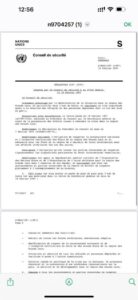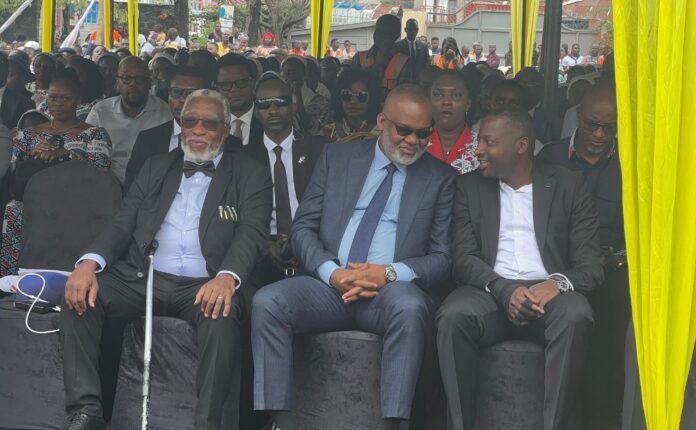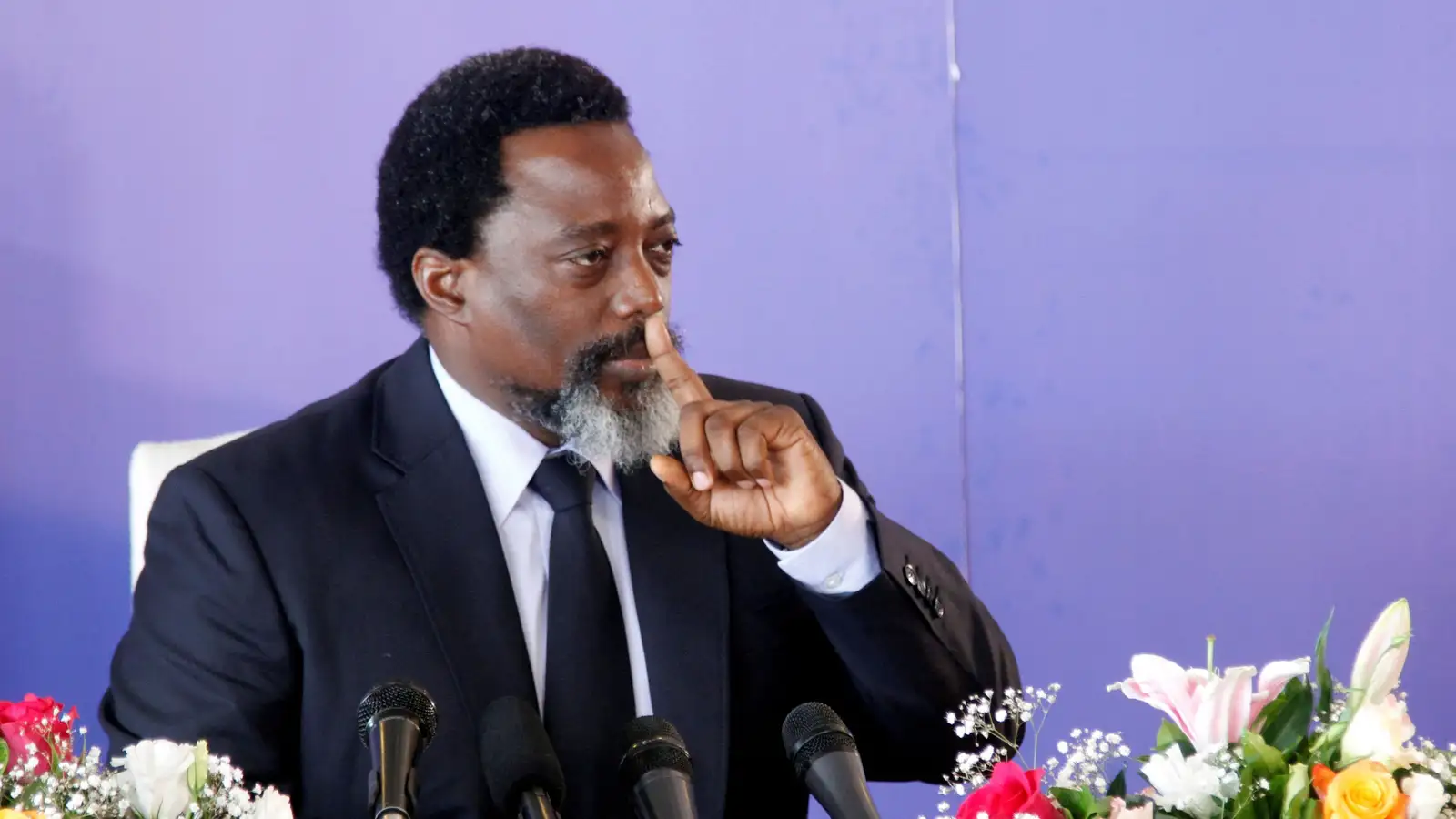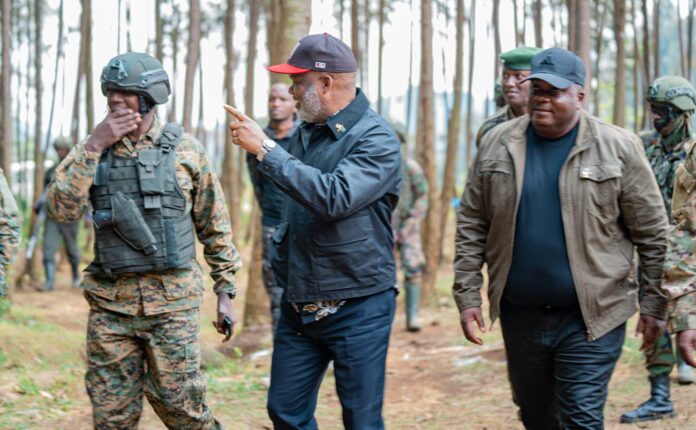On February 18, 1997, the United Nations Security Council adopted a resolution aimed at preserving the regime of then-Congolese President Mobutu Sese Seko. Weakened by decades of corruption, authoritarianism, and economic crises, the dictator was struggling against the advancing rebel forces led by Laurent-Désiré Kabila. Despite the UN’s attempts to negotiate a compromise and prevent the regime’s collapse, Mobutu fled the country three months later, on May 16, 1997, never to return.
Note: Company, Blog, Church websites are free.
This attempt to rescue a leader contested by his own people is not an isolated case. In February 2024, the UN adopted a new resolution in a similar context, raising questions about its role in stabilizing (or maintaining) authoritarian regimes in the Democratic Republic of the Congo (DRC).
In the late 1990s, the DRC, then called Zaire, was in turmoil. Mobutu’s regime, in power for over 30 years, was crumbling under pressure from the rebellion led by Kabila and backed by several regional powers, including Rwanda and Uganda. Aware of the risk of widespread civil war, the UN attempted to impose a diplomatic solution to prevent a violent overthrow of power. However, this resolution neither slowed the rebels’ advance nor diminished the Congolese people’s desire to move on from dictatorship.
On May 16, 1997, Mobutu left Kinshasa for Gbadolite before heading to Togo and eventually going into permanent exile in Morocco, where he died a few months later. His departure marked the end of an era and the beginning of a new cycle of instability for the DRC.
More than 25 years later, history seems to be repeating itself. A new Security Council resolution seeks to support a contested regime, sparking criticism over the UN’s impartiality and its commitment to the people rather than their leaders.
Some observers see this as an attempt to preserve short-term stability, even at the cost of ignoring popular demands. Others argue that these repeated interventions highlight the UN’s failure to learn from past mistakes. The Mobutu case in 1997 demonstrated that when a regime is rejected by its people and weakened by internal crises, no resolution can reverse the course of history.
The question remains: does the UN protect the people, or does it uphold regimes in the name of an illusory stability?




